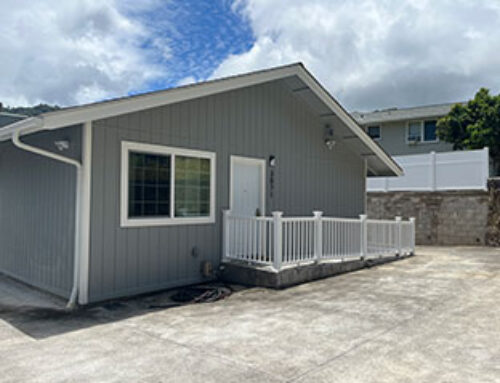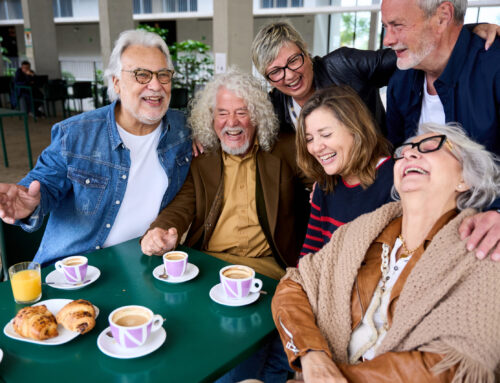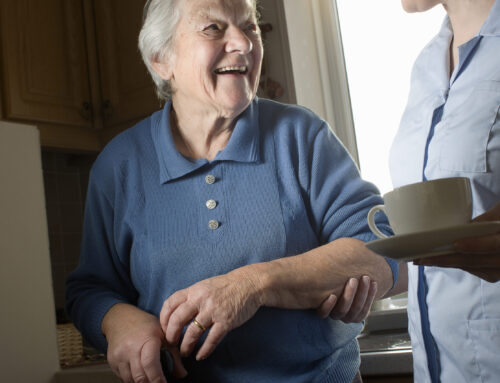Why Culture Matters in Home Care
Home care is more than providing meals or helping with medications—it’s about caring for people in a way that respects their values, traditions, and dignity. In Hawaiʻi, where cultural traditions run deep, those values play a major role in how care is given and received. Families often ask: How do cultural values in Hawaiʻi shape home care services?
The answer lies in three guiding principles: aloha, ʻohana, and respect for kūpuna (elders).
The Spirit of Aloha in Caregiving
Aloha is more than a greeting—it’s a way of life rooted in kindness, compassion, and connection. In home care, the spirit of aloha shows up in how caregivers:
- Treat patients with warmth and empathy
- Build trust by listening and showing patience
- Create a positive environment that supports emotional as well as physical health
This cultural foundation makes Hawaiʻi’s approach to caregiving unique compared to other places in the U.S.
ʻOhana: Family at the Center
In Hawaiian culture, family—or ʻohana—is central. Many families in Hawaiʻi prefer home care over nursing homes because it allows their loved ones to remain in familiar surroundings, close to family members.
Home care aides often become part of the extended ʻohana, working alongside family caregivers to:
- Share responsibilities in daily tasks
- Provide respite for family members
- Support multigenerational households where grandparents help raise grandchildren
This family-centered approach ensures that patients feel connected, not isolated.
Respect for Kūpuna
Caring for elders, or kūpuna, is a deeply held cultural value in Hawaiʻi. They are viewed as sources of wisdom and history, deserving of honor and respect. For home care aides, this means:
- Listening to kūpuna stories and traditions as part of care
- Respecting dietary preferences tied to cultural practices
- Supporting independence while providing assistance
The focus isn’t just on meeting medical needs but also on preserving dignity and cultural identity.
Multicultural Influences in Hawaiʻi
Hawaiʻi is a melting pot of cultures—Native Hawaiian, Japanese, Filipino, Samoan, Chinese, and more. Each group brings unique traditions around food, health, and family. Home care aides in Hawaiʻi must be adaptable, learning to:
- Prepare meals that match cultural diets
- Recognize and respect religious or spiritual practices
- Communicate effectively across diverse cultural backgrounds
This cultural sensitivity makes home care in Hawaiʻi both complex and deeply rewarding.
Why Cultural Values Create Better Outcomes
When caregivers honor aloha, ʻohana, and kūpuna, patients experience better outcomes:
- Stronger emotional well-being
- Lower stress for families
- Higher trust between caregivers and clients
It’s a model of care that blends professional skills with cultural understanding.
HMC Home Care: Living Aloha Through Service
At HMC Home Care, cultural values are at the heart of everything we do. Our trained caregivers don’t just provide assistance with daily living—they bring the aloha spirit into each home, honoring kūpuna and supporting families with compassion.
Whether you need part-time help or full-time home care, we tailor services to match your family’s cultural traditions, dietary needs, and lifestyle. With roots in Hawaiʻi and a deep respect for local values, HMC Home Care ensures that every client receives care that feels like family.






